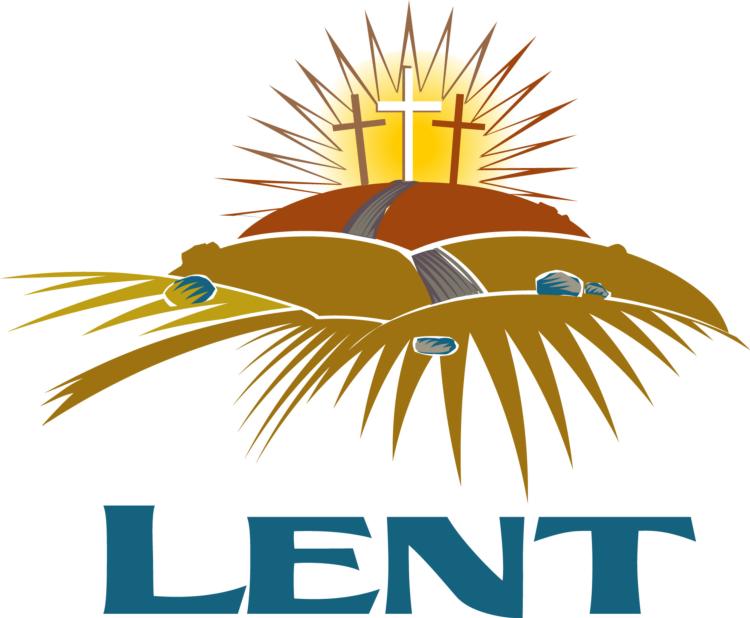
By @johnvinod | March 3, 2021
Prior to starting the forty-day pilgrimage in a desert and launching his Messianic ministry, there was one event in Jesus Christ’s earthly life which, I believe, must have been the toughest for him as well as his earthly mother. This remarkable day was the day Jesus decided to say goodbye to his mother who brought him into this world and raised him to be the Messiah of the world. The point that this day, or act is recorded nowhere in the Gospels does not make it any less important. It must have been difficult for both Jesus and Mary as they both knew what lies ahead in Jesus’ life as he embarked upon his ministry that culminated on the cross.
For Jesus it was poignant because he had learned to take his first steps holding Mary’s hands. He had grown accustomed to the delicious home cooked food that she prepared and served daily with love.
For Mary it would have been one of the most heartbreaking days of her life. Although she knew Jesus more than anyone on earth could ever know, despite knowing who he was and what his mission on earth was, she did not know the specific details. However, she knew one thing: it involved death, as she recalled the somber words of a prophecy of an old man, Simeon:
And the child’s father and mother were amazed at what was being said about him. Then Simeon blessed them and said to his mother Mary, “This child is destined for the falling and the rising of many in Israel, and to be a sign that will be opposed so that the inner thoughts of many will be revealed—and a sword will pierce your own soul too.” (Luke 2: 33-35 NRSV)
The sword here means a sharp weapon like a javelin or a long sword and the syntax of the last sentence means it will constantly keep on piercing! There is no fear like the fear of losing a child, especially after losing your husband a few years ago. Therefore, like any mother, though Mary had learned to let go, there would always be a part of her that would like to hold on to his hand. The day Jesus decided to leave home for the ministry, he gently but firmly released his rough hands from her soft grip and went out of the house. However, for Mary there would be a part of him that would remain with her always—her little boy Jesus. Not only that day, but Jesus’ mission would inevitably continue piercing Jesus’ mother. However, she loved him so much that she was willing to take that risk.
Friends, in the forthcoming Passion Week, as we focus our thoughts on the painful piercing of Jesus’ flesh on the cross, let us not forget the piercing of Mary’s flesh. Following Jesus and loving him is precarious and challenging. If it is not for you, then, perhaps you are following a cultural Jesus made in the image of your culture or church. When you and I, who claim to love Jesus and renew our commitment to him this Lent, let us also be prepared to acknowledge that our hearts may not be safe and comfortable forever. Jesus, the Savior, will someday unsettle your life if he has not already done it. And someday, perhaps, a sword will pierce your heart, too!
Today, do you love him to only receive the blessings that come from believing and following Jesus Christ? Do you love Jesus so much as to take the risk of letting him unsettle and challenge your worldview, your life, and your soul? Let us pray during this Lent that God would prepare us for that day. May the Lord help us realize that the greater our love for Jesus, the sharper may be the sword that will pierce our heart and our soul, and the most drastic may be the unsettling of our lives, because we decide to follow Jesus Christ. May the Lord help us understand that this is one risk worth taking because of his unconditional love for us. Amen!
1 Comment












